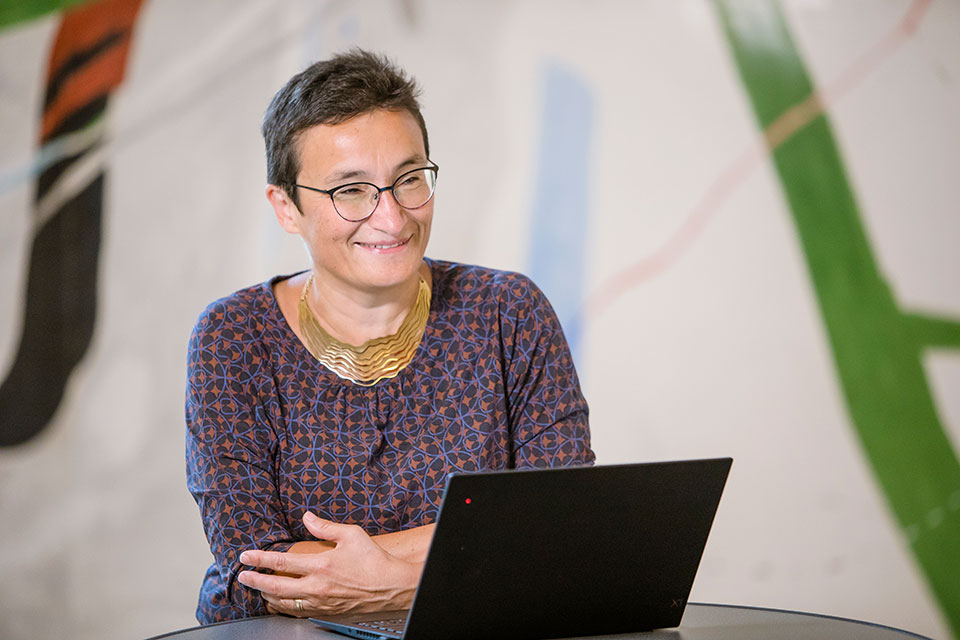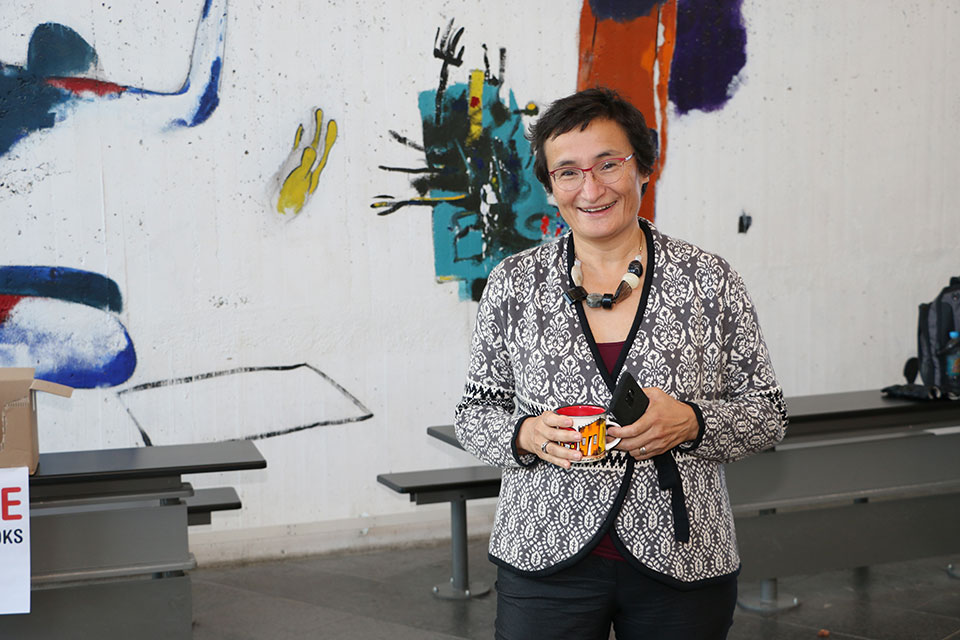AI and the Humanities

March 6th, 1 p.m. (Mandel 303)
Increasingly, companies spearheading artificial intelligence technology are relying on those with humanities expertise to engage in discussions about the design and deployment of AI. In recent years, corporations ranging from Boeing to Microsoft have hired philosophers, anthropologists, sociologists and experts in cultural studies to collaborate with technologists on the development of new AI tools. Even governments are calling on humanistic expertise as AI-innovations disperse through societies.
What is the role of humanities in these spaces? What kinds of questions do humanists confront? Why is their expertise needed?
In this workshop, Professor Virginia Dignum will guide you through real-life examples of AI problems that have benefited from the critical, interpretive and analytical capabilities that humanities training can supply.
Come Learn More About...
- The types of questions humanities experts are called on to confront in the AI-space;
- How humanistic and technical reasoning can collaborate, and why each has a role to play in the development of AI technology.
- The skills you (as a humanist) have that you can apply to technological discussions;
- Why your insights are necessary for a more equitable and just AI-driven society.
Space is limited.
Virginia Dignum is Professor of Responsible Artificial Intelligence at Umeå University, Sweden where she leads the AI Policy Lab. She is also senior advisor on AI policy to the Wallenberg Foundations. She has a PHD in Artificial Intelligence from Utrecht University in 2004, is member of the Royal Swedish Academy of Engineering Sciences (IVA), and Fellow of the European Artificial Intelligence Association (EURAI). She is a member of the United Nations Advisory Body on AI, the Global Partnership on AI (GPAI), UNESCO’s expert group on the implementation of AI recommendations, OECD’s Expert group on AI, founder of ALLAI, the Dutch AI Alliance, and co-chair of the WEF’s Global Future Council on AI. She was a member of EU’s High Level Expert Group on Artificial Intelligence and leader of UNICEF's guidance for AI and children. Her new book “The AI Paradox” is planned for publication in late 2024.
